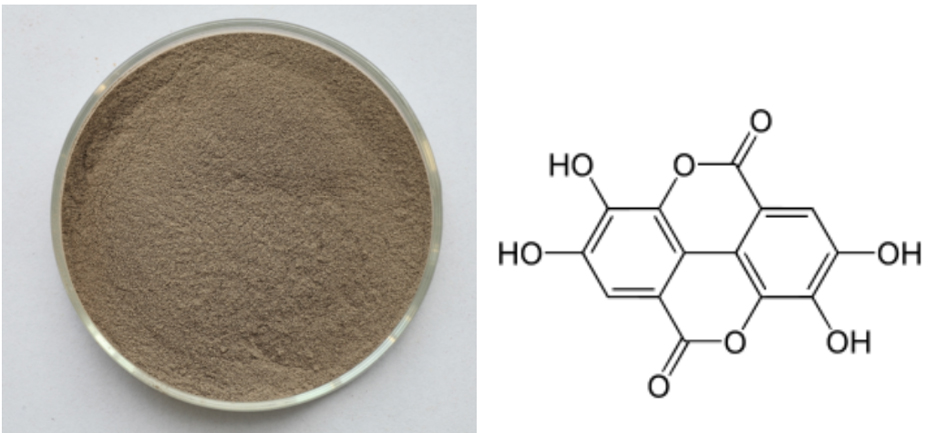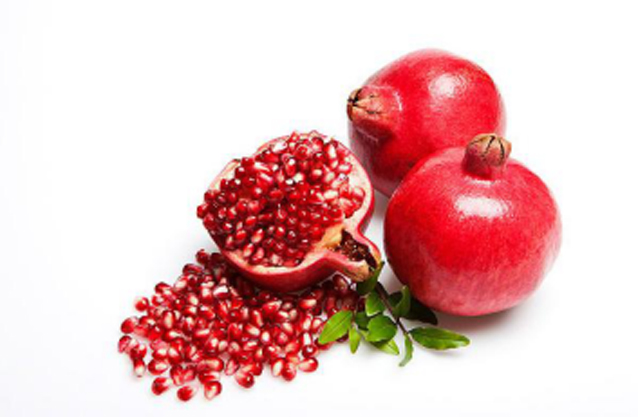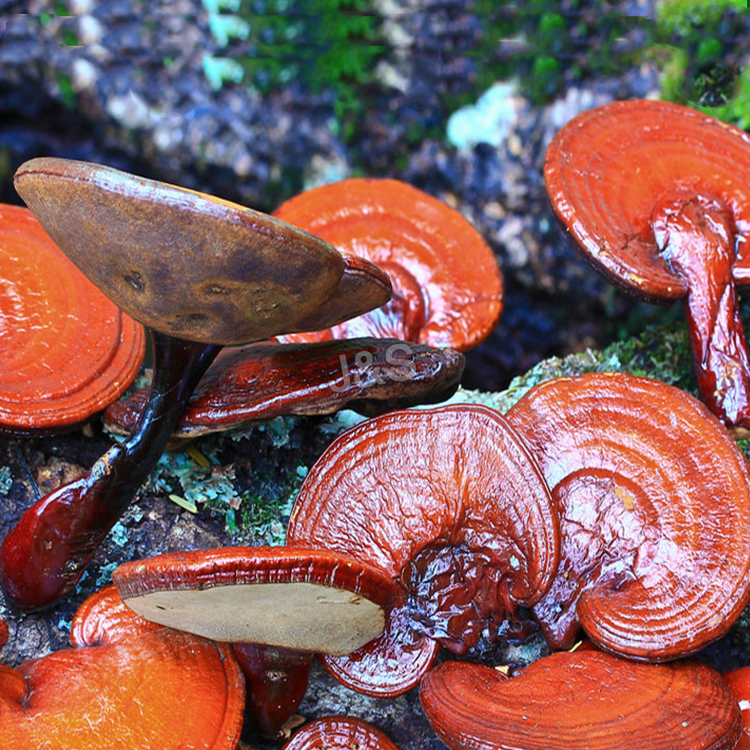Super Purchasing for Pomegranate seed extract Factory from Vietnam
Super Purchasing for Pomegranate seed extract Factory from Vietnam Detail:
[Latin Name] Punica granatum L
[Plant Source] from China
[Specifications]Ellagic acid≥40%
[Appearance] Brown Fine Powder
Plant Part Used:Seed
[Particle size] 80 Mesh
[Loss on drying] ≤5.0%
[Heavy Metal] ≤10PPM
[Storage] Store in cool & dry area, keep away from the direct light and heat.
[Shelf life] 24 Months
[Package] Packed in paper-drums and two plastic-bags inside.
[Net weight] 25kgs/drum
Introduction
Pomegranate, (Punica granatum L in Latin), belongs to the family Punicaceae which includes only one genus and two species. The tree is native from Iran to the Himalayas in northern India and has been cultivated since ancient times throughout the Mediterranean region of Asia, Africa and Europe.
Pomegranate offers abundant benefits for the cardiovascular system by preventing damage to arterial walls, promoting healthy blood pressure levels, improving blood flow to the heart, and preventing or reversing atherosclerosis.
Pomegranate may benefit people with diabetes and those at risk for the disease. It helps lower after-meal blood sugar levels and protects the cardiovascular system from diabetes-induced damage.
Pomegranate shows promise in killing prostate cancer cells, whether the cells are hormone-sensitive or not. Pomegranate also helped halt the progression of prostate cancer in men who had undergone surgery or radiation for the disease.
Pomegranate may fight the degeneration of joint tissue that leads to painful osteoarthritis, and may protect the brain against oxidative stress-induced changes that can lead to Alzheimer’s. Pomegranate extracts—alone or in combination with the herb gotu kola—help kill the bacteria that contribute to dental plaque, while helping to heal gum disease. Pomegranate also appears to protect the health of the skin and liver.
Function
1.Anti-cancer of rectum and colon, esophageal carcinoma,liver cancer,lung cancer,carcinoma of tongue and skin.
2.Restrain to human immunodeficiency virus(HIV) and many kinds of microbe and virus.
3.Anti-oxidant, coagulant, descenting blood pressure and sedation.
4.Resist to anti-oxidance, senescence inhibition and skin whitening
5.Treat kinds of symptoms caused by high blood sugar, hypertension.
6.Resist to atherosclerosis and tumour.
Application
Pomegranate P.E. can be made into capsules, troche and granule as healthy food. Besides, it has good solubility in water plus the solution transparence and brilliance color, has been widely added into the beverage as the functional content.
Product detail pictures:

Related Product Guide:
We normally think and practice corresponding on the change of circumstance, and grow up. We aim at the achievement of a richer mind and body and also the living for Super Purchasing for Pomegranate seed extract Factory from Vietnam , The product will supply to all over the world, such as: Egypt, Singapore, Pakistan, Insisting over the high-quality generation line management and prospects guide provider, we have made our resolution to offer our shoppers using the initially stage purchasing and soon after provider working experience. Preserving the prevailing helpful relations with our prospects, we even now innovate our product lists the many time to meet up with the brand new wants and stick to the latest trend of this business in Ahmedabad. We're ready to facial area the difficulties and make the transform to grasp many of the possibilities in international trade.
tree of life, Pycnogenol
Expand your vocabulary and learn how to say new words:
https://www.dictionaryvoice.com/How_To_Pronounce_Neo_Catholicism.html
Please leave a Like, a Comment, and Share.
Bookmark us and share:
https://www.dictionaryvoice.com
Twitter:
https://twitter.com/DictionaryVoice
Facebook:
https://www.facebook.com/pages/Dictionary-Voice/750369141710497
More Pronunciations:
1) How to Pronounce Neo-catholicism
https://www.dictionaryvoice.com/How_To_Pronounce_Neo-catholicism.html
2) How to Pronounce Neo Catholicism
https://www.dictionaryvoice.com/How_To_Pronounce_Neo_Catholicism.html
3) How to Pronounce Catholicism
https://www.dictionaryvoice.com/How_To_Pronounce_Catholicism.html
4) How to Pronounce Anti Catholicism
https://www.dictionaryvoice.com/How_To_Pronounce_Anti_Catholicism.html
5) How to Pronounce Pro-catholicism
https://www.dictionaryvoice.com/How_To_Pronounce_Pro-catholicism.html
6) How to Pronounce Roman Catholicism
https://www.dictionaryvoice.com/How_To_Pronounce_Roman_Catholicism.html
7) How to Pronounce Pro Catholicism
https://www.dictionaryvoice.com/How_To_Pronounce_Pro_Catholicism.html
8) How to Pronounce Smorgasbord Catholicism
https://www.dictionaryvoice.com/How_To_Pronounce_Smorgasbord_Catholicism.html
9) How to Pronounce Neo
https://www.dictionaryvoice.com/How_To_Pronounce_Neo.html
10) How to Pronounce Cafeteria Catholicism
https://www.dictionaryvoice.com/How_To_Pronounce_Cafeteria_Catholicism.html
11) How to Pronounce Anglo-catholicism
https://www.dictionaryvoice.com/How_To_Pronounce_Anglo-catholicism.html
12) How to Pronounce Anglo Catholicism
https://www.dictionaryvoice.com/How_To_Pronounce_Anglo_Catholicism.html
13) How to Pronounce Neo-
https://www.dictionaryvoice.com/How_To_Pronounce_Neo-.html
14) How to Pronounce Neo-con
https://www.dictionaryvoice.com/How_To_Pronounce_Neo-con.html
15) How to Pronounce Neo-synephrine
https://www.dictionaryvoice.com/How_To_Pronounce_Neo-synephrine.html
16) How to Pronounce Neo-traditional
https://www.dictionaryvoice.com/How_To_Pronounce_Neo-traditional.html
Good quality and fast delivery, it's very nice. Some products have a little bit problem, but the supplier replaced timely, overall, we are satisfied.







